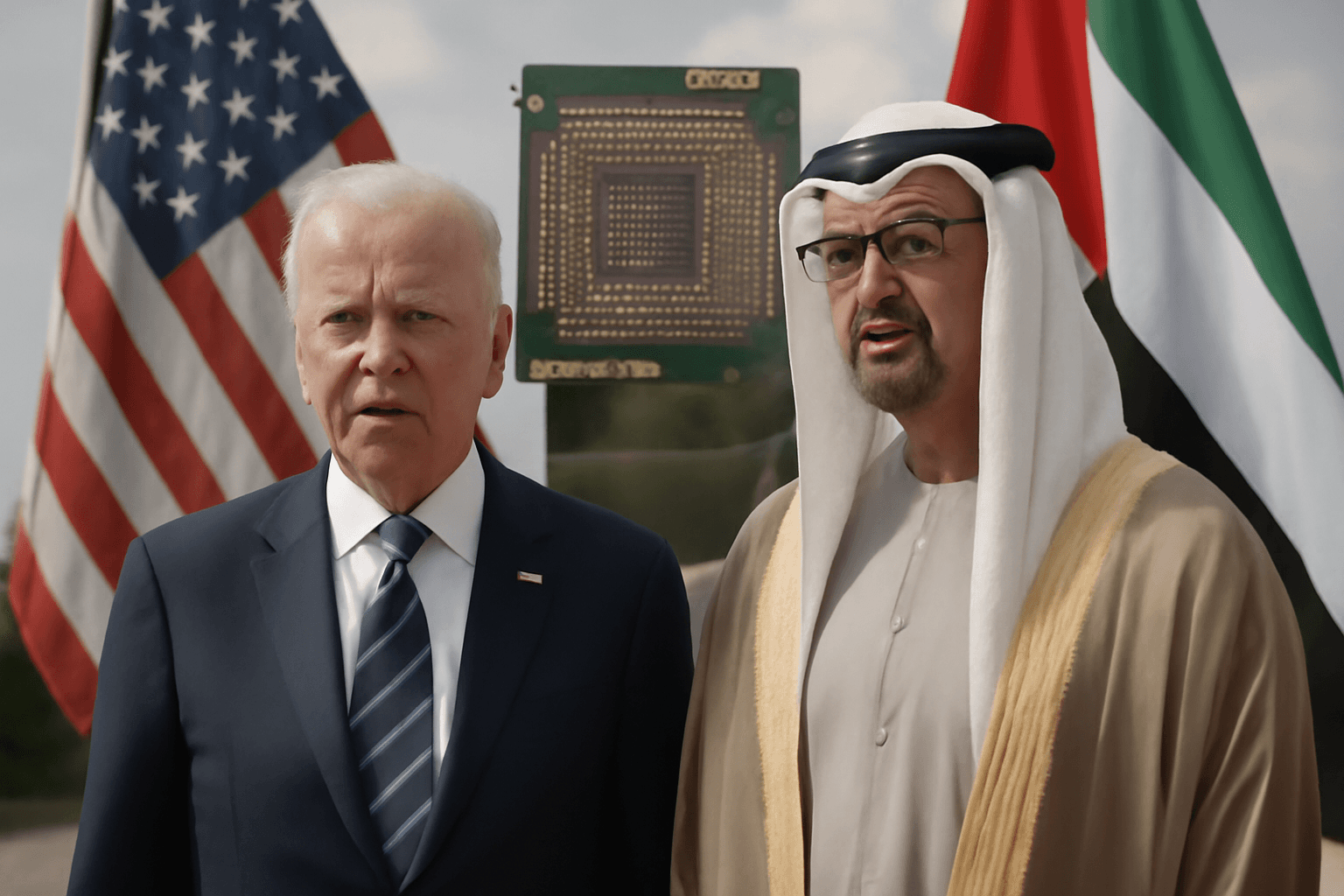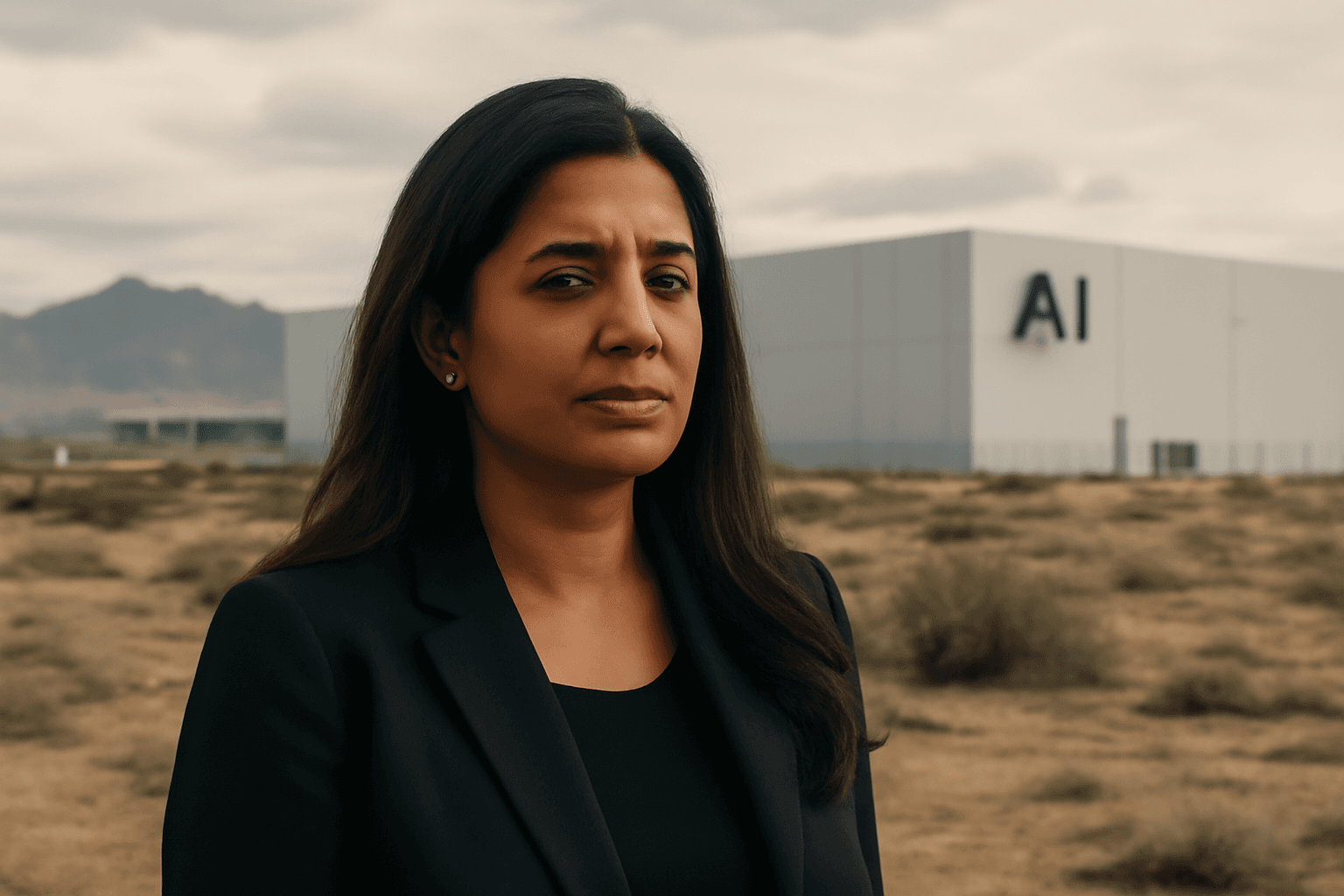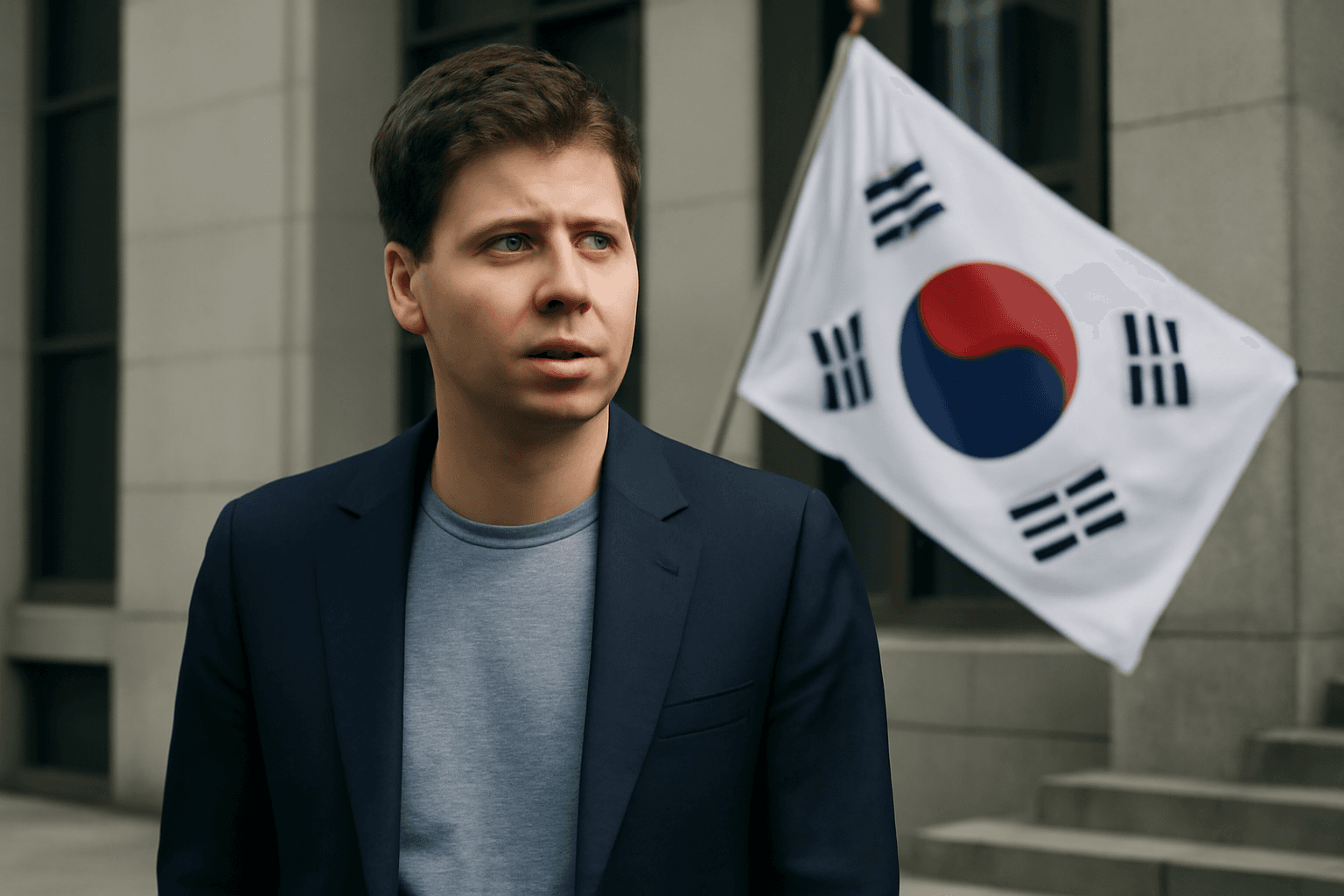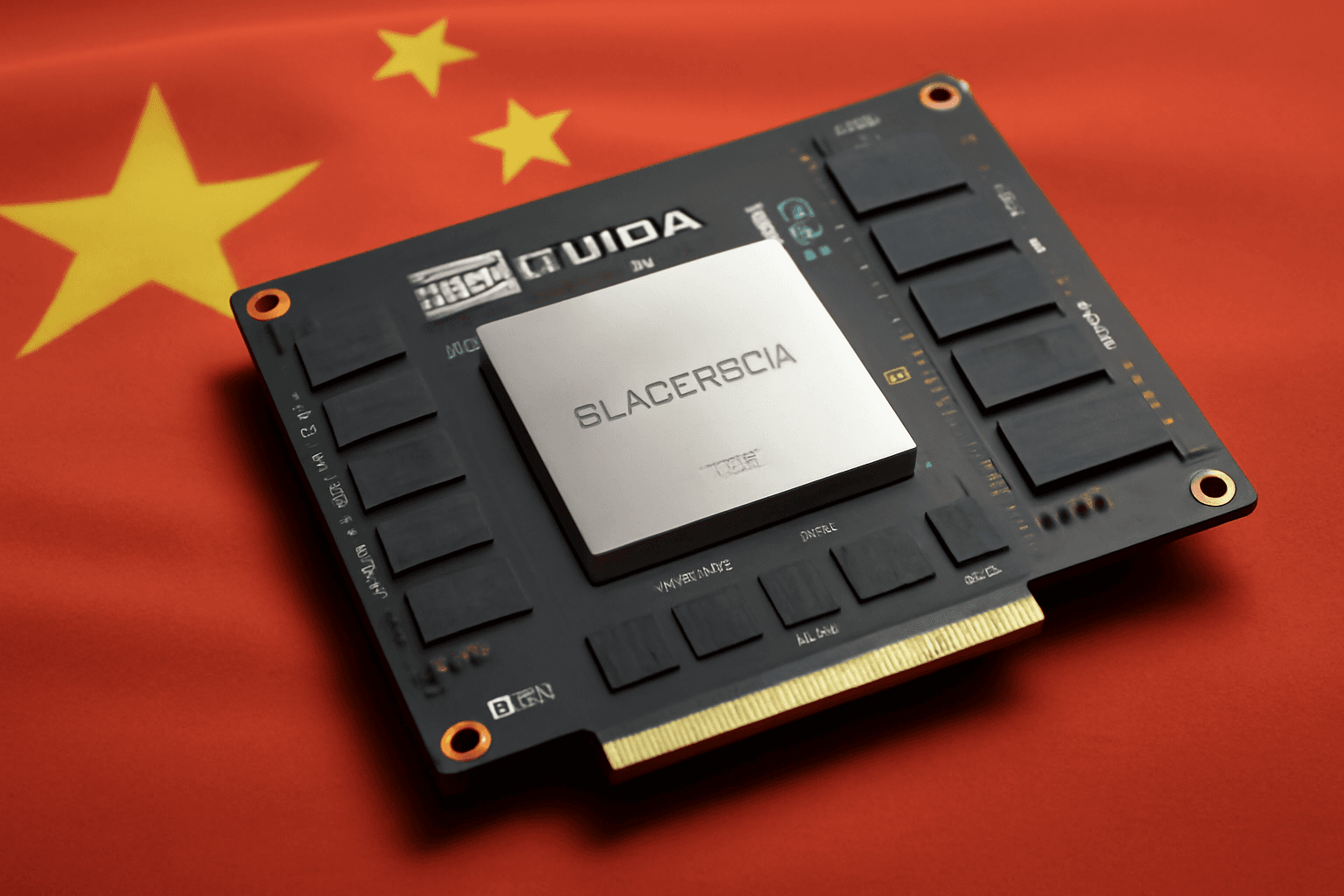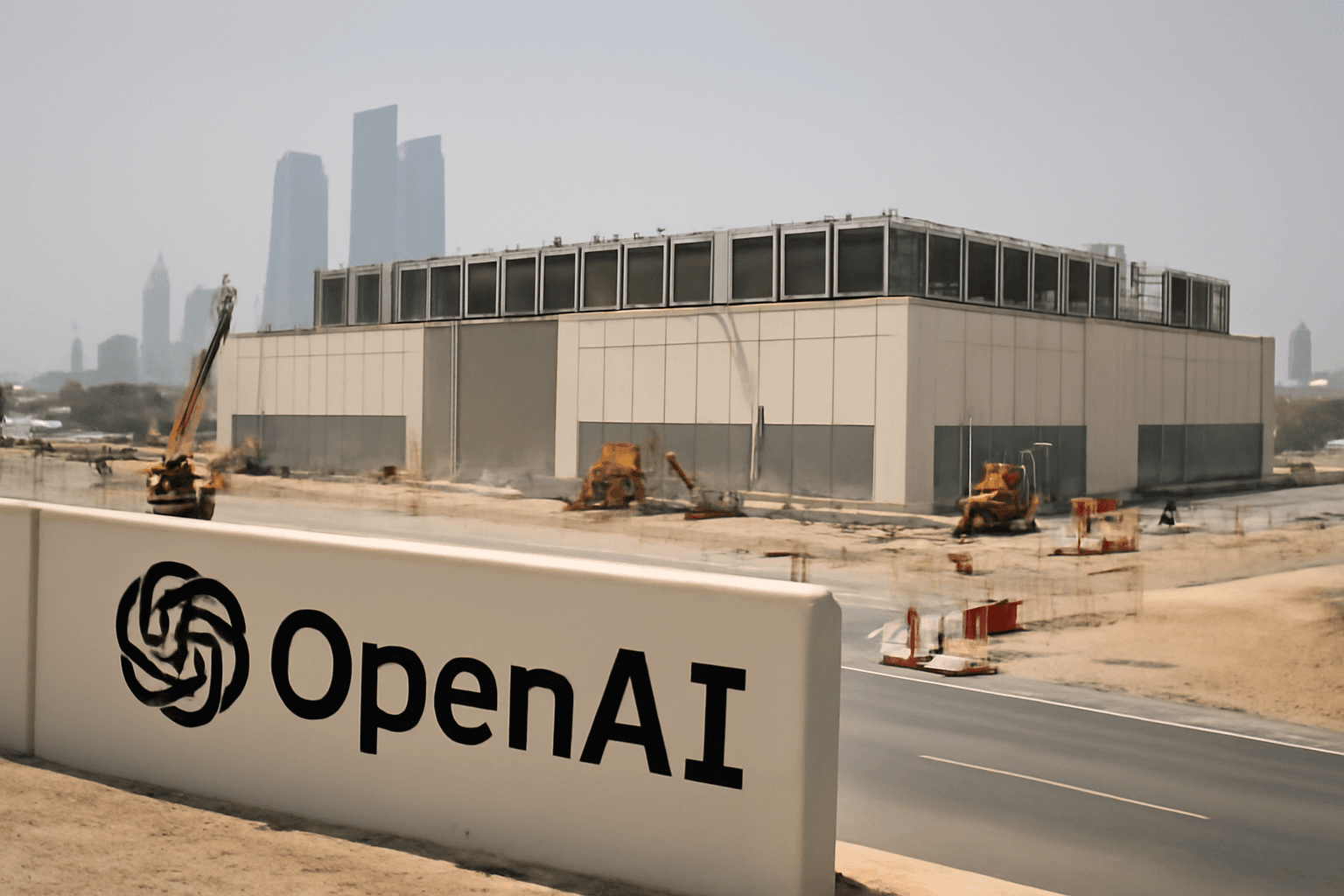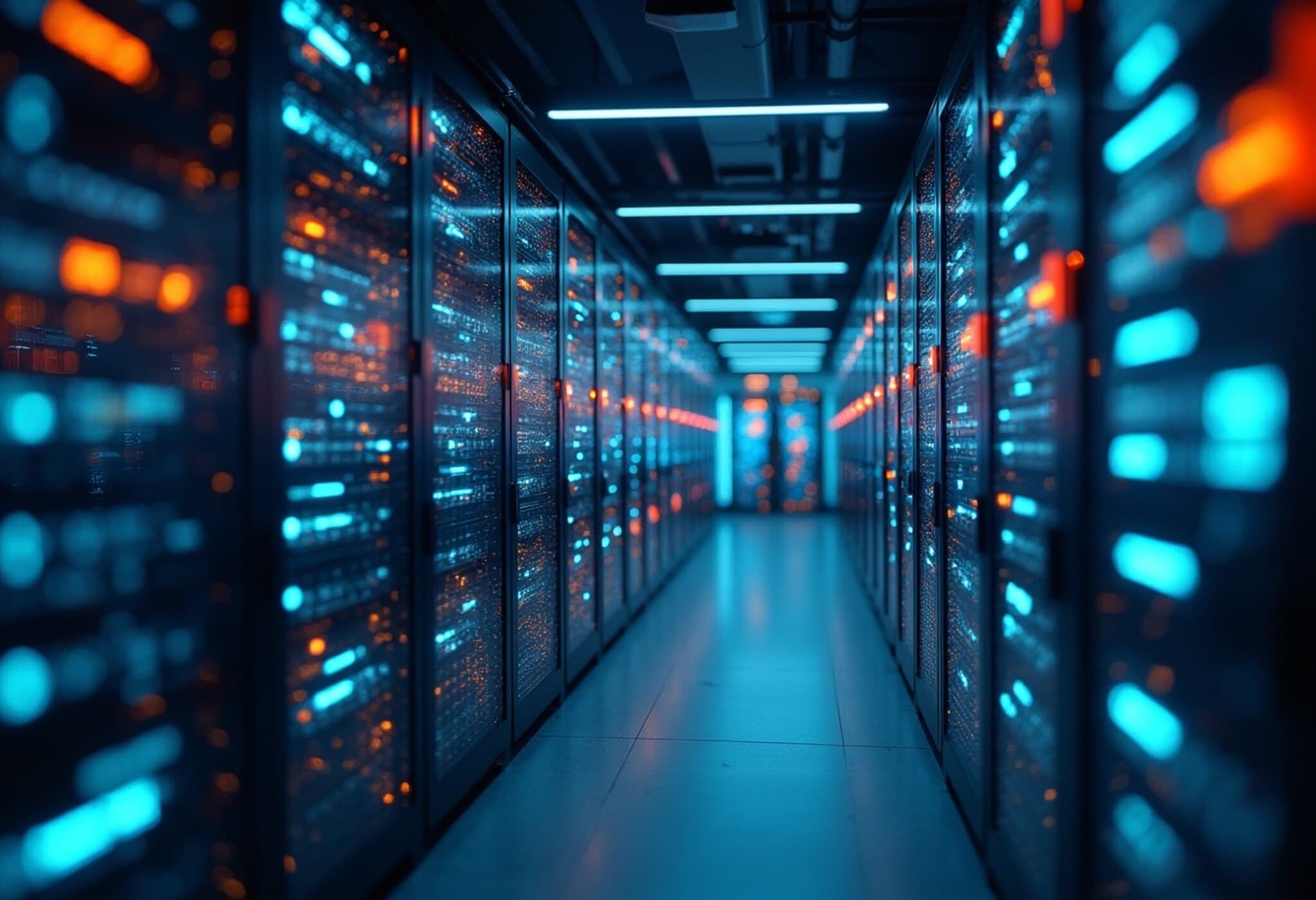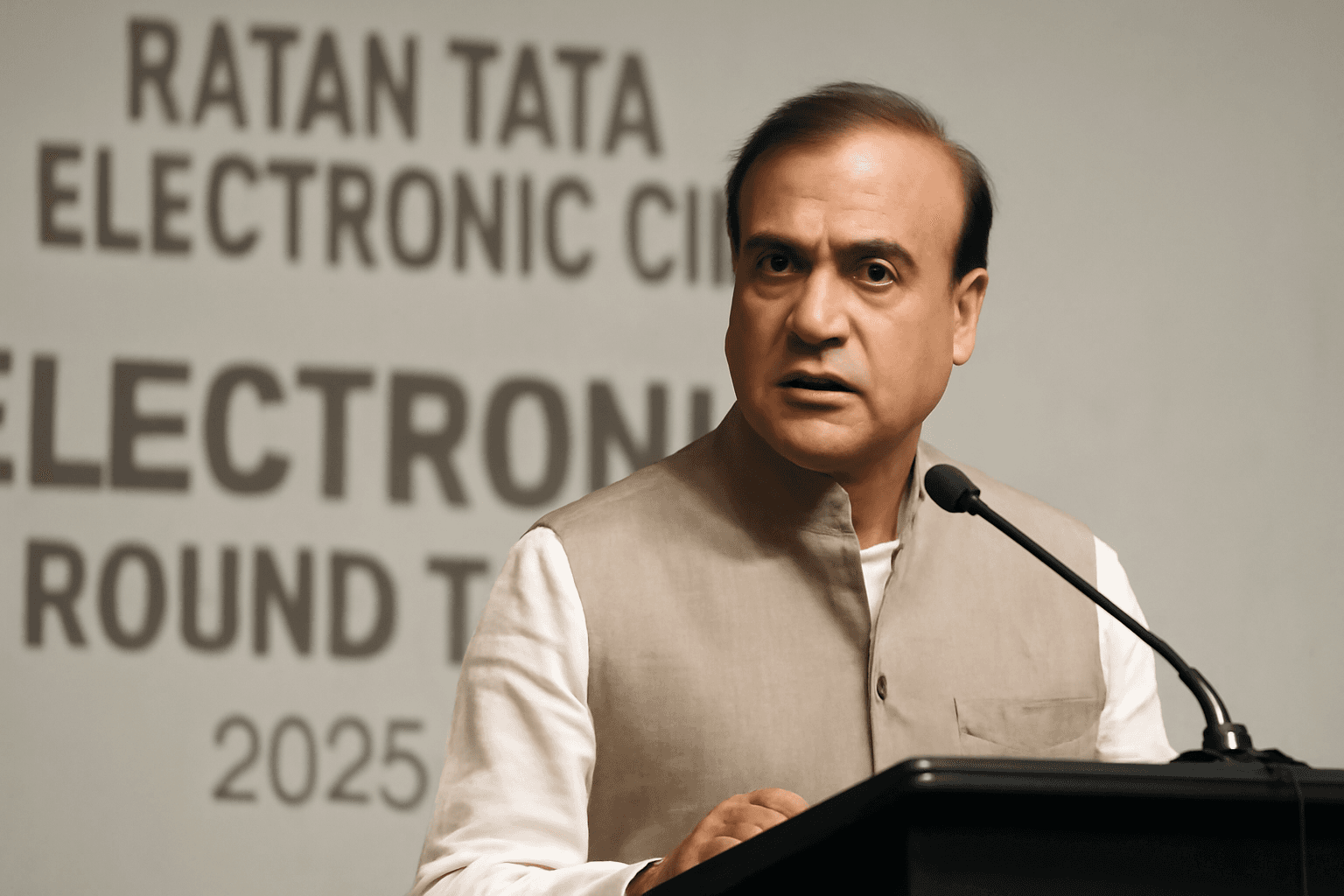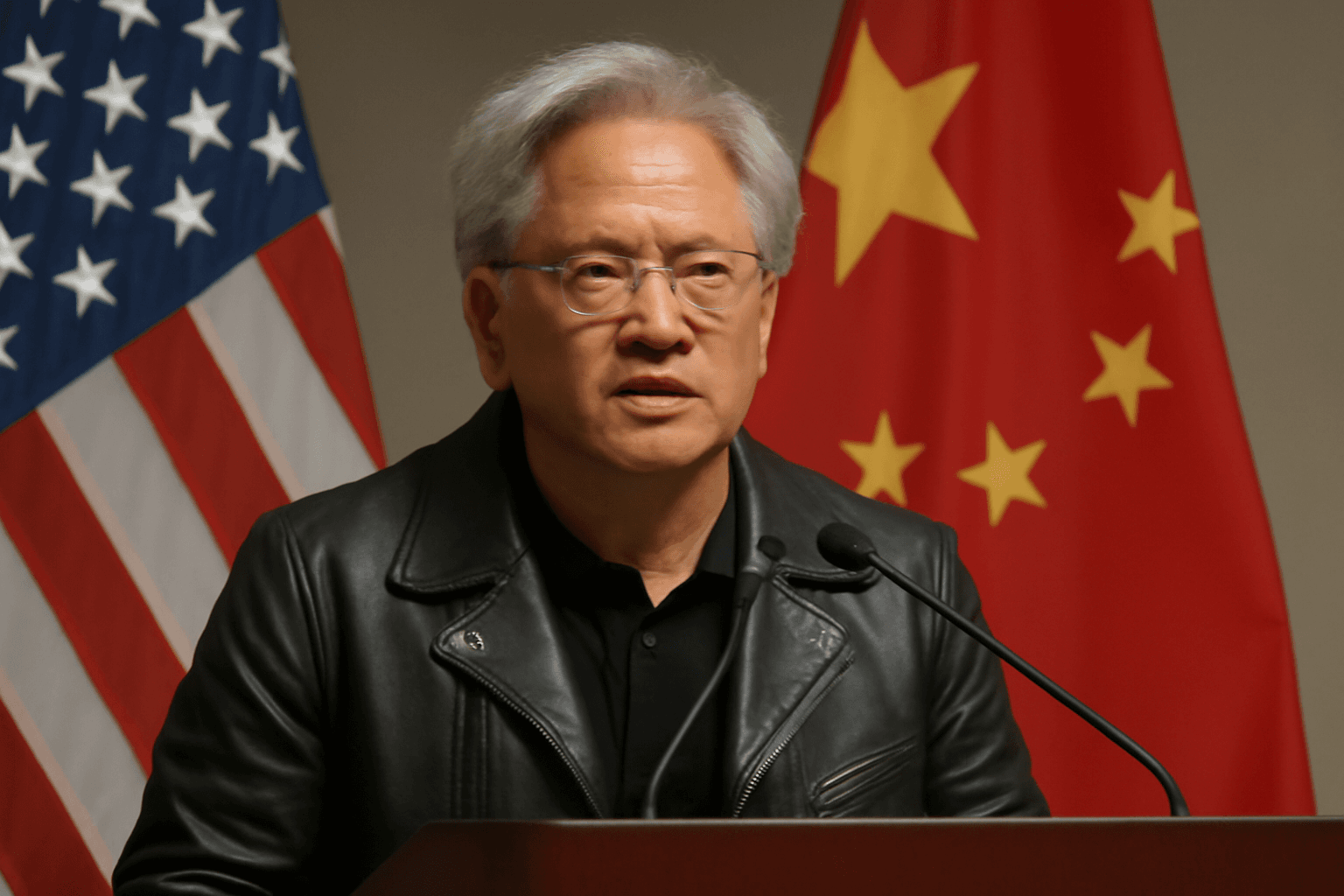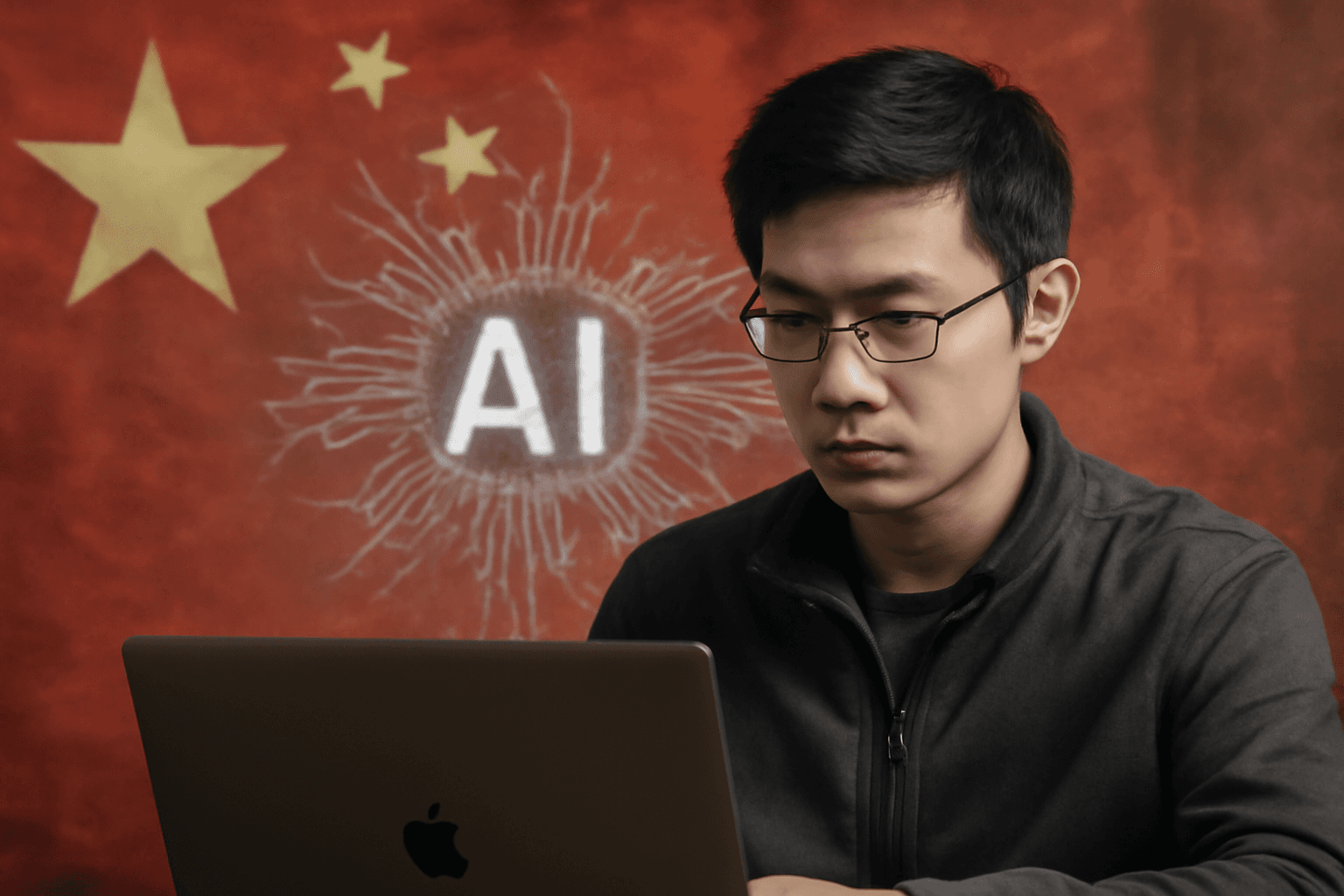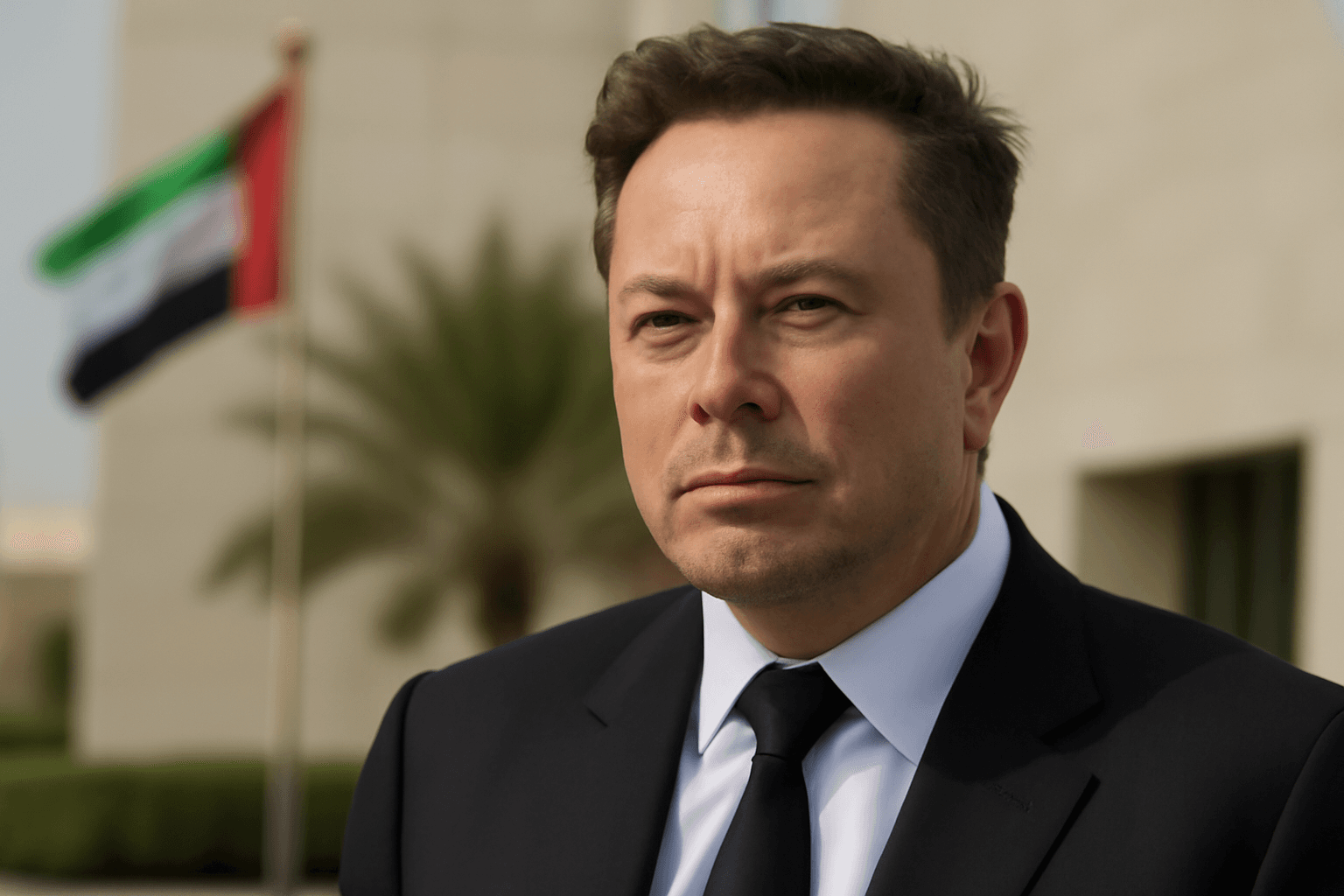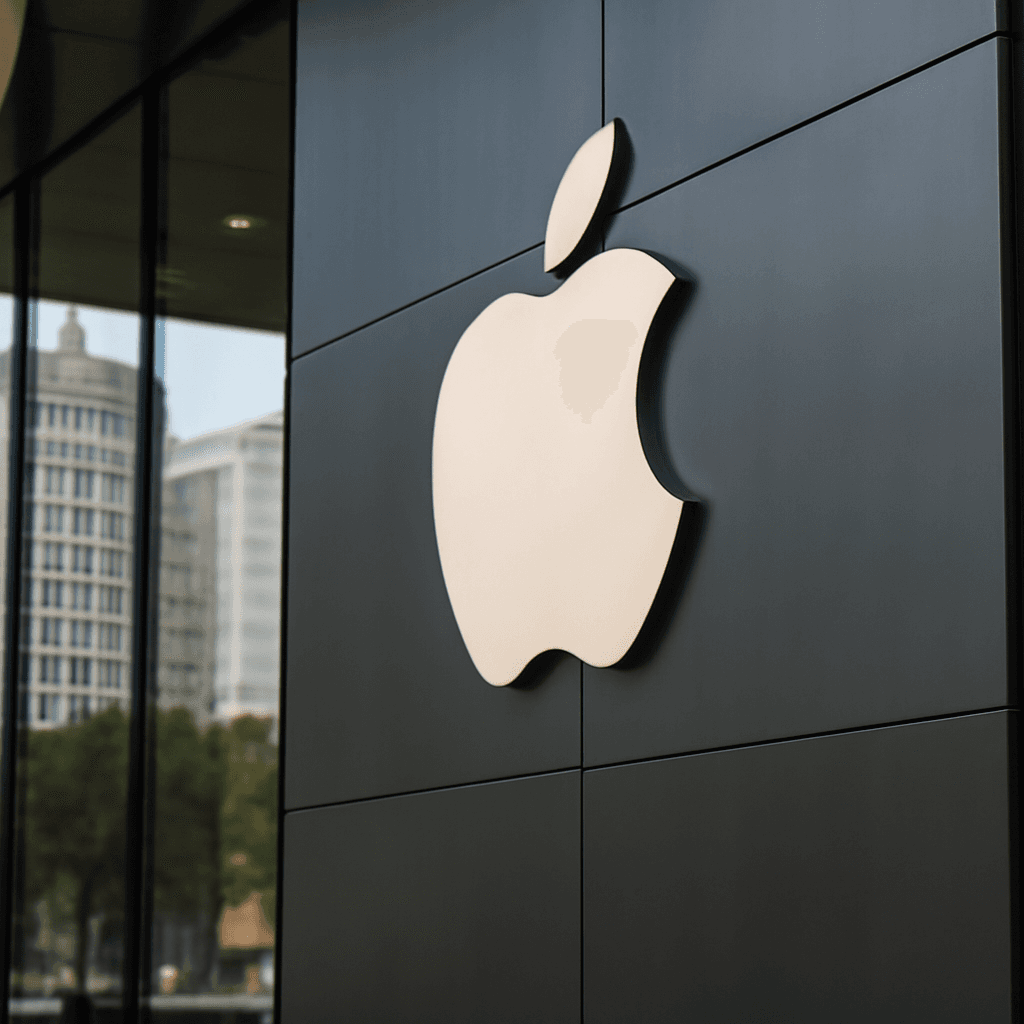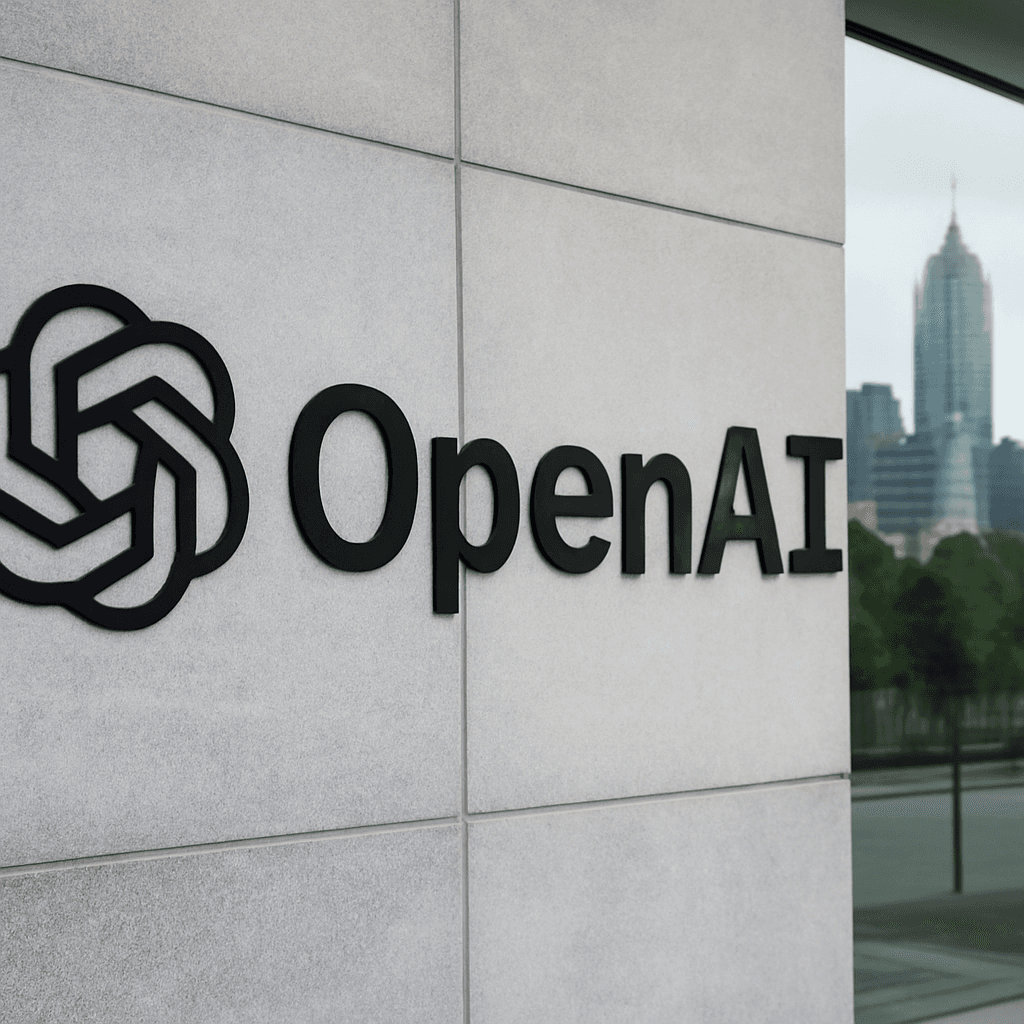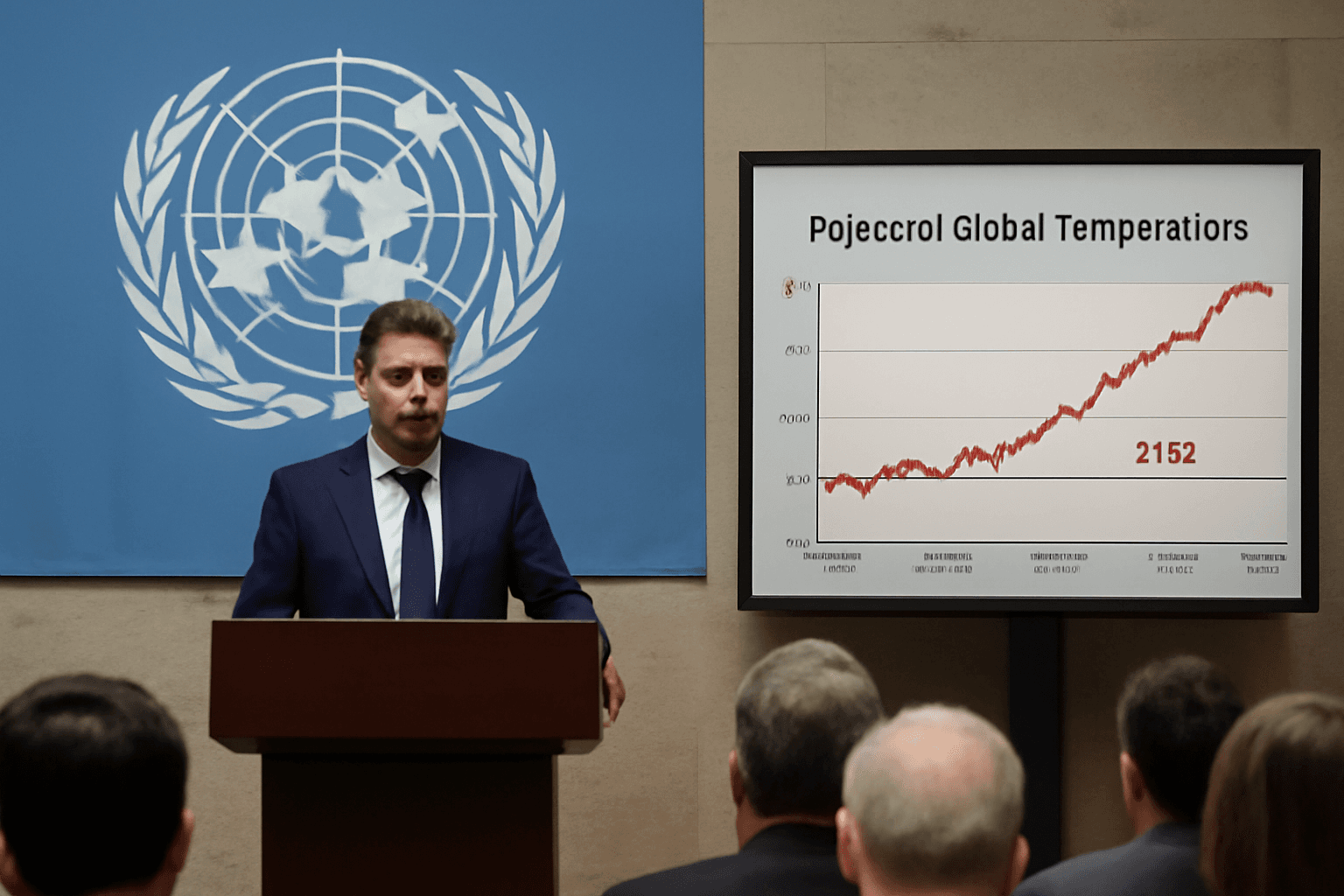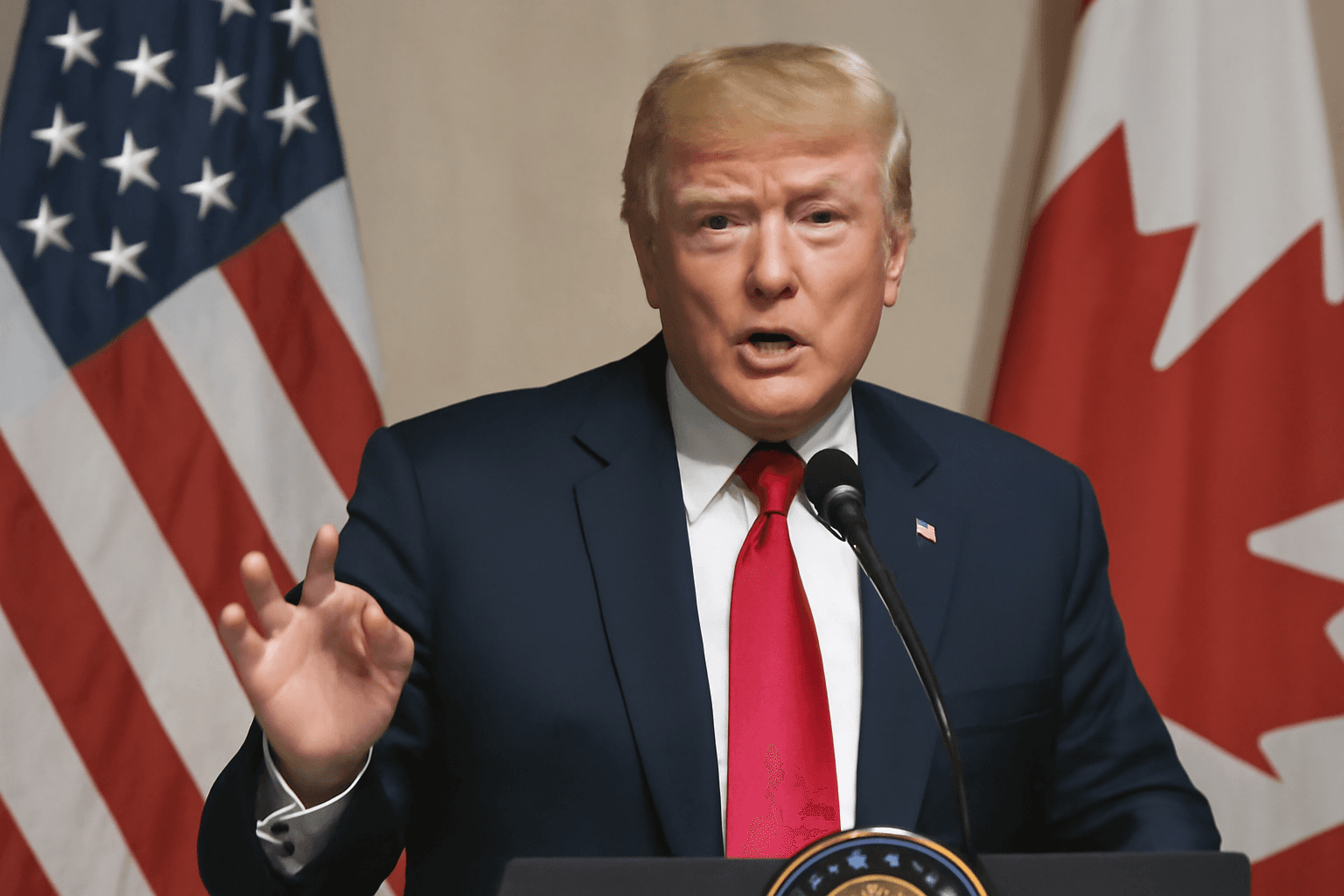The United States and the United Arab Emirates have forged a powerful alliance to lead the global artificial intelligence (AI) race, combining complementary strengths in cutting-edge semiconductor technology and abundant, cost-effective energy resources.
While the U.S. continues to manufacture the world’s most advanced semiconductor chips, the UAE leverages its vast energy reserves to power massive AI data centers. This synergy has attracted investments exceeding hundreds of billions of dollars from leading corporations such as Nvidia, Microsoft, OpenAI, G42, Mubadala, and MGX.
The partnership holds significant implications for geopolitics, national security, and economic competition—particularly in the context of U.S.-China rivalry. The UAE, aiming to diversify its economy beyond oil, views AI leadership as a strategic avenue to enhance geopolitical influence and technological prowess.
During President Donald Trump’s visit to the Middle East in May 2025, Abu Dhabi announced over $200 billion in commercial agreements with the U.S., part of a broader $2 trillion investment in the Gulf region involving Saudi Arabia and Qatar. Notably, OpenAI, in collaboration with UAE’s MGX and Japan’s SoftBank, unveiled the Stargate Project, a $500 billion initiative to develop large-scale AI infrastructure, including a 200-megawatt AI cluster launching in Abu Dhabi in 2026.
Unlike prior administrations, the current U.S. government is easing export restrictions on advanced AI chips to trusted allies like the UAE, facilitating the transfer of high-end technology. This policy shift enables strategic competition against China, which faces tighter U.S. export limits.
Experts highlight a transforming U.S.-Gulf cooperation paradigm, where AI compute power supersedes traditional energy-centric relations. According to Mohammed Soliman, senior fellow at the Middle East Institute, the alliance will foster an AI ecosystem servicing emerging markets by hosting large language models in diverse languages.
The UAE’s decisive pivot away from Chinese technology investments, including a divestment from ByteDance, underscores its commitment to a U.S.-led AI future. Emirati AI firm G42 exemplifies this strategy through deep cooperation with OpenAI and other American technology firms.
Furthermore, the UAE’s development of the Falcon AI large language model marks a significant advancement, positioning the country as a regional AI hub with ambitions to influence global tech governance.
Despite China’s rapid AI development, U.S. economic and political strategies aim to entrench American technological supremacy by opening new markets in the Middle East. OpenAI’s collaborations enable wider diffusion of American AI technology, presenting a democratic alternative to China’s AI framework.
OpenAI’s Chief Global Affairs Officer Chris Lehane has articulated a vision of a bifurcated global AI landscape, split between China’s state-controlled model and a U.S.-led democratic AI ecosystem. Nations building their AI capabilities are thus encouraged to align with democratic AI systems that support sovereign technological growth.
This evolving partnership between the U.S. and the UAE reflects a strategic realignment around AI innovation, signaling a shift from traditional resource-based alliances to technology-driven cooperation with wide-reaching global impact.

